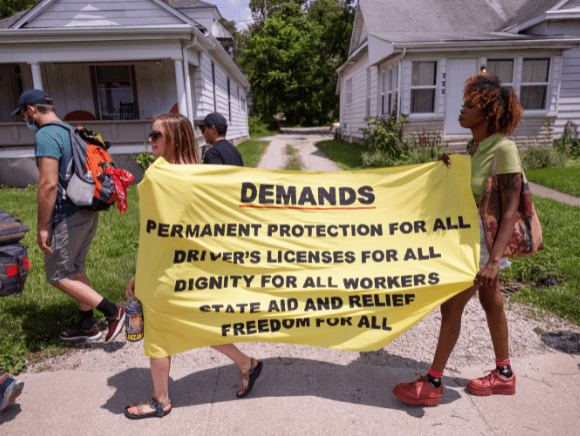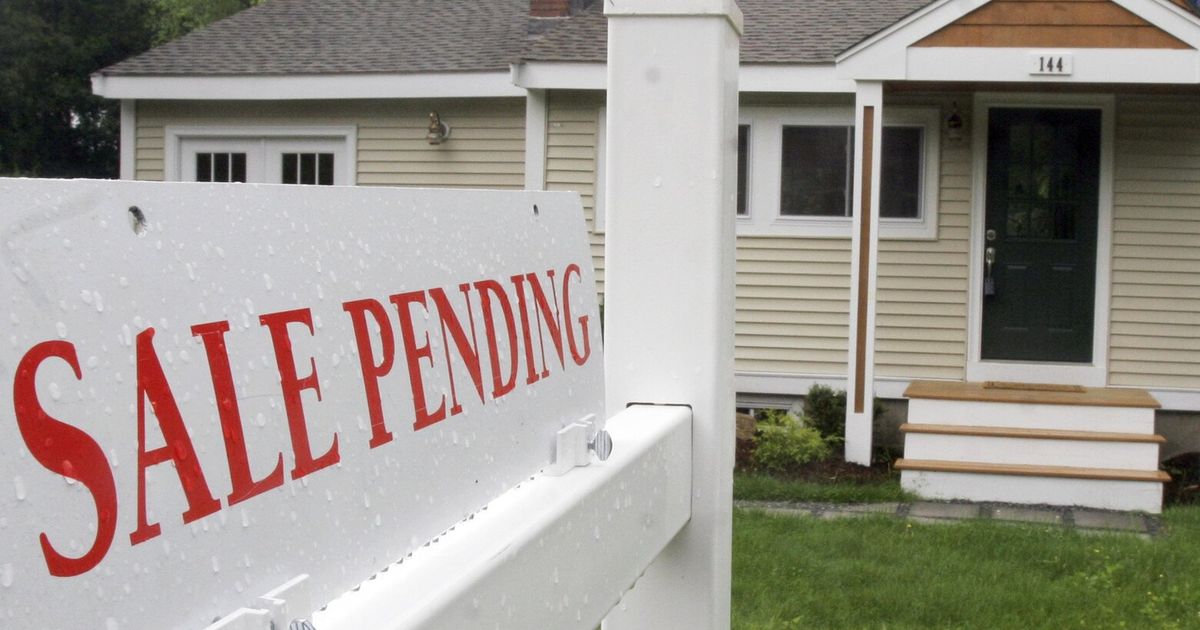How Government Control Can Lead to Censorship in All But Name
In the December 11 episode of “CBS Sunday Morning” was a segment on the Smothers Brothers. The show, which was wildly popular and one of my favorites, lasted from 1967 to 1969, when it was abruptly canceled. But nothing in the segment made it clear why it was canceled. You might have got the impression from the way they told the story and from Jane Pauley’s intro, that it was because of the Smothers Brothers’ edgy treatment of the Vietnam war.
But that wasn’t it. Here’s what Thomas Hazlett writes in his 2017 book, The Political Spectrum.
Licensees [radio or television] tend to comply not only with the explicit rules of the license but also with policy makers’ implicit demands–“regulation by raised eyebrow.” This has allowed officials to sidestep even the weak form of the First Amendment applied to broadcasting–and be happy to do so, as it enhances their clout. When, in 1969, The Smothers Brothers Comedy Hour joked about drug use and criticized U.S. military involvement in Vietnam, it drew criticism. But when the comics singled out for mockery Senator John O. Pastore (D-RI), the powerful head of the Senate Commerce Committees (overseeing the FCC)–he was awarded a “Flying Fickle Finger of Fate” by special guest Dan Rowan–the show never aired. Despite the series’ popularity, CBS abruptly canceled it. No government ruling ended the program. It did not have to.
Basically, when you give government officials discretionary power, you can expect that many of them will use it.
My guess is that Lee Cowan, the person doing the interview, either doesn’t know the history or wanted to maintain a narrative in which President Nixon, the president at the time, was the villain. (One part of the segment showed Tommy Smothers making fun of Nixon.) Arguably, Pastore had way more power over CBS than Nixon had.















